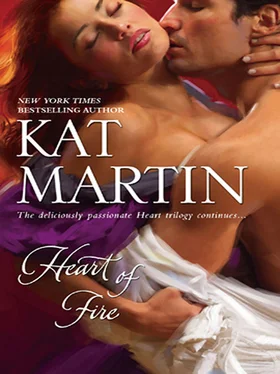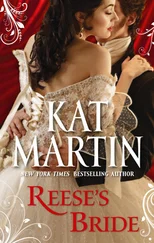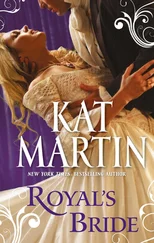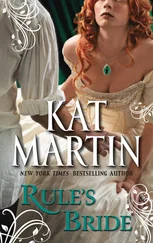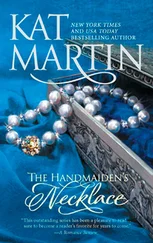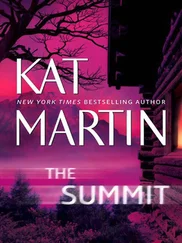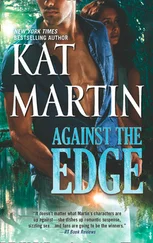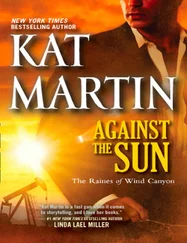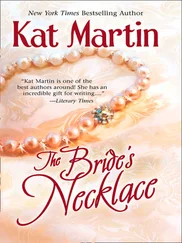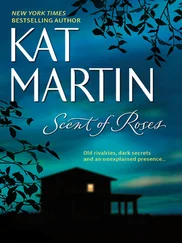An ache throbbed in her heart as she reached for a bundle, each letter filed by the date of its arrival. She located the two stacks she had received in the past eighteen months, and untied the first one. Last year, her sister had been living at Selkirk. In August, she had journeyed to East Dereham in Norfolk to spend time with Agnes’s older sister, Gladys. There was only one letter written each month during the time she’d been there.
Corrie now knew she’d been pregnant, growing heavier each day with the child she carried. Her time must have been absorbed with thoughts of the babe, and yet she’d been afraid to tell even Corrie about the infant she would bring into the world.
Corrie’s eyes misted as she reread one of the letters, this one dated March 20, when Laurel had been preparing to leave Selkirk Hall.
I feel restless and uncertain. I had such dreams for the future and now they seem sullied, darkened by pain and despair. And yet I have known love. I cannot tell you how that feels. Love makes the parting worth the sadness.
Corrie remembered receiving the letter. She had penned a reply, asking her sister about the man she had fallen in love with, and why they couldn’t marry if the two of them cared for each other. She had also asked the man’s name.
Laurel’s next letter had not come until a full month later, after her arrival in East Dereham. She had ignored Corrie’s questions and instead talked about life on her aunt’s farm.
Corrie had assumed her sister’s infatuation had faded and that she hadn’t been truly in love. Corrie’s own life was so busy the subject never came up again. Instead, sparse as they were, Laurel’s letters grew more and more cheerful. On September 18, she’d written:
Though it is autumn, it is sunny today, with warm bright rays filtering through the branches of the trees outside my window. Orange and yellow leaves are beginning to fall and I can hear birds singing, the hum of crickets in the dry fall grasses. Lately, the world seems somehow brighter, and I find myself awakening each day with a sort of wonder at all God has created.
As Corrie looked back, she found it clear, from the difference in the first letters and those coming later, that something in Laurel’s life had changed. Now Corrie knew that her sister was expecting a child, and it was obvious from her letters how much she looked forward to being a mother, how much she looked forward to the future.
A lump swelled in Corrie’s throat to think how very short that future had turned out to be.
She finished rereading the letters but found no clue to the man Laurel had loved.
Was Gray Forsythe that man? When Corrie was around him, she found it hard to think. It was as if he had some sort of magic power, some mysterious quality she found nearly impossible to resist. Had Laurel felt it, too?
Corrie thought of the afternoon two days ago she had spent in the village. While pretending to shop, she had begun a subtle investigation into Laurel’s death. She had casually mentioned the young woman from Selkirk who had drowned in the river several months back and, as always, people were eager to gossip.
“She done kilt herself,” the butcher’s wife said. “They say she lost her innocence to some man and couldn’t stand the shame she brought down on her family.” The raw-boned woman shook her head. “Don’t seem right for a young girl to meet such a tragic end.”
At the hatmaker’s shop, the story was the same—though it was clear her father’s attempt to hide the secret of Laurel’s illegitimate child had failed.
“It must have come as a terrible shock to his lordship…findin’ out his daughter weren’t pure as the driven snow the way she seemed.” As the heavyset woman worked on the hat she was making, she leaned over the counter. “There were a babe, I hear,” she whispered. “Drowned right along with her.”
Corrie felt a wave of sadness followed by a jolt of anger that the villagers should think the worst of someone as sweet as Laurel. Reminding herself why she was there, she widened her eyes, pretending shock and disbelief. “What a dreadful thing to happen. Does anyone know the father?”
The beefy woman stuck a feather into the band of blue velvet around the brim of the hat. “Heard tell it were the vicar’s son, but most don’t believe it. They think it was one of them fancy lords up to the castle.”
Corrie’s stomach knotted. “Which one?”
The hatmaker shrugged. “No one knows for certain. That dark one’ll take a woman’s fancy. Ain’t no doubt of that.”
No doubt at all, Corrie thought.
“There’s the married one, but his wife keeps a pretty close watch on him.” The milliner smoothed the feather, checked its position in the hatband. “The other one, young Lord Jason, they say he’s stolen the virtue of half the milkmaids in the county. Like I said, nobody knows for sure, probably never will.”
But Corrie intended to find out. Thanking the woman for the bit of conversation, she had walked out of the village convinced her suspicions were not unfounded.
Local gossip named one of the men in the castle as the mostly likely father of Laurel’s child. Corrie would do some checking on the vicar’s son, and Thomas Morton, one of Squire Morton’s four boys, since Agnes had made mention of him. But it was Gray Forsythe whose wife had drowned in the same river as Laurel, Gray Forsythe who remained at the top of her suspect list.
As she sat there now, in the middle of the bed, her sister’s letters scattered around her, Corrie remembered the feel of the earl’s hard body, the warmth and strength of his arms as she had ridden back to the castle with him. It wasn’t difficult to believe he could have seduced her shy, innocent sister.
Corrie glanced at the clock on the mantel. She had begun to gather the first pieces of the puzzle. As soon as she got the chance, she would take a look around the house, see what else she might find out.
At Charles’s insistence, Rebecca gave Corrie a brief tour of the house. It was clearly the last thing the woman wished to do. Still, she remained distantly polite, and Corrie did the same. Any chance to glean information was a welcome opportunity.
“The castle was built in 1233,” Rebecca told her as they stood in the great room in what had been the original keep. A huge fireplace dominated one wall, and heavy carved beams supported the floors above. The medieval style had been preserved through the years, and now the space served as the formal dining room.
“Of course, the house has been refurbished and added onto dozens of times. Gray’s mother took great care to see it modernized. I’ve made a number of changes myself.” There was pride in Rebecca’s voice when she talked about the castle, which was magnificent, a grand medieval palace with all the modern luxuries and most elegant furnishings.
“How long has the Forsythe family lived here?” Corrie asked.
“It’s been family-owned for more than two hundred years.”
“So the earl lived here as a boy?”
“Yes.”
“What was his family like? I mean, Gray and Charles were brothers. Were they brought up in happy circumstances?”
For a moment, Rebecca seemed uncertain how much she should say. “There were three brothers but no sisters. James was the eldest, the apple of his father’s eye. Charles was the baby and he was indulged a good deal.”
“And Gray?”
Rebecca shook her head, moving the golden curls on her shoulders. She was gowned in pink-and-white silk. With her creamy complexion and cornflower-blue eyes, she was a confection of loveliness, the perfect English rose. And yet Corrie sensed a core of steel inside her.
“Gray was different,” she said. “He was dark where the rest of the family was fair. He was outspoken and often headstrong. He and his father…didn’t get along.”
Читать дальше
